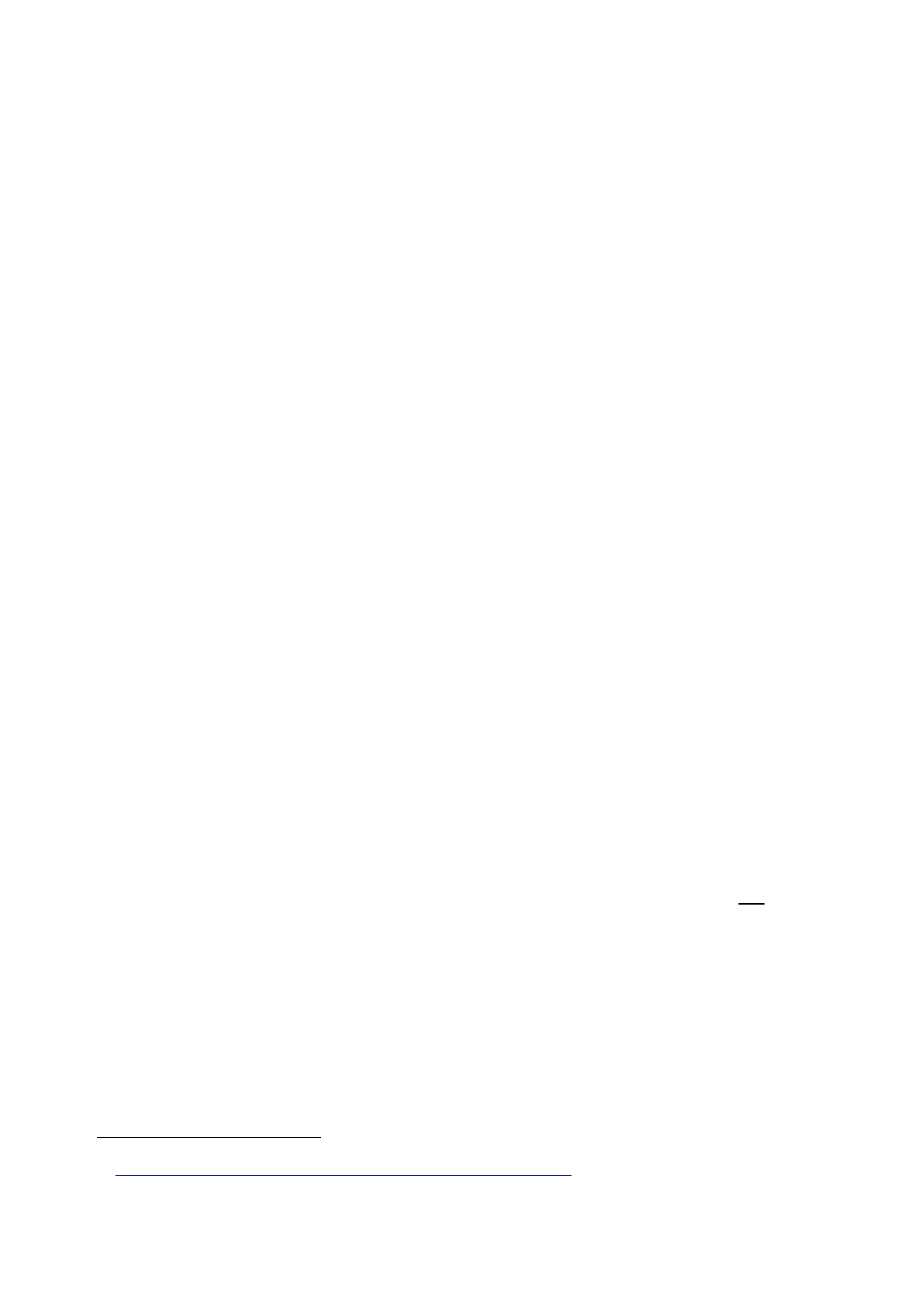
4.1 |
Iraq WMD assessments, pre-July 2002
•
Saddam
Hussein’s use of chemical weapons against Iraq’s people
and
neighbours
made him “unique among modern dictators”.
•
Saddam
Hussein remained “determined to retain and rebuild his Weapons
of
Mass
Destruction (WMD) and threaten the region”.
•
Iraq had
“admitted hiding chemical, biological weapons and missile parts in
the
desert and
in railway tunnels”.
•
“We believe
Iraq is still hiding WMD in a range of locations.”
•
UN
inspectors had been unable to account for significant quantities of
precursor
chemicals
for use in the production of chemical weapons.
•
“We fear
Iraq is taking advantage of the absence of UN weapons inspectors
to
rebuild its
WMD.”
•
If Iraq’s
weapons programmes remained “unchecked”, Iraq “could
redevelop
offensive
chemical and biological capabilities within a very short period of
time
and develop
a crude nuclear device in about five years. Without the
controls
they would
have developed a nuclear weapon by now.”
241.
Posing the
question “Are you preparing for military action against
Iraq?”,
the paper stated:
“We cannot
ignore the threat Iraq poses to the international community through
its
massive
programme of development of weapons of mass
destruction.”
242.
Mr Straw’s
Private Office signed a letter to members of Cabinet on 6
March,
suggesting
that they might find the PLP briefing paper on Iraq “useful
background”.114
243.
In response to
press reporting about Iraq’s potential to develop a crude
nuclear
device in
about five years if its programmes remained “unchecked”,
Mr Dowse wrote
to Dr
Williams on 13 March, pointing out that the reference in the PLP
briefing paper
statement
differed from the FCO’s “usual line” on Iraq’s nuclear
weapons.115
That
was
that the
development of a nuclear weapon would be possible only if UN
sanctions were
lifted.
Mr Dowse added:
“… we
believe that at present … the Iraqi nuclear weapons programme
is not
‘unchecked’
(CBW programmes are another matter) …”
244.
Mr Dowse
wrote that the difference was “small, but significant” and it
raised an
issue in
relation to the “draft public dossier on ‘WMD programmes of
concern’, which the
Cabinet
Office was producing”. Mr Dowse added:
“We clearly
will now have to review the text, to avoid exposing differences
with
your paper.”
114
Letter
Sedwill to Rycroft, 6 March 2002, ‘Iraq: Cabinet
Discussion’.
115
Minute
Dowse to Williams [Michael], 13 March 2002, ‘Iraqi WMD – Public
Lines’.
57
